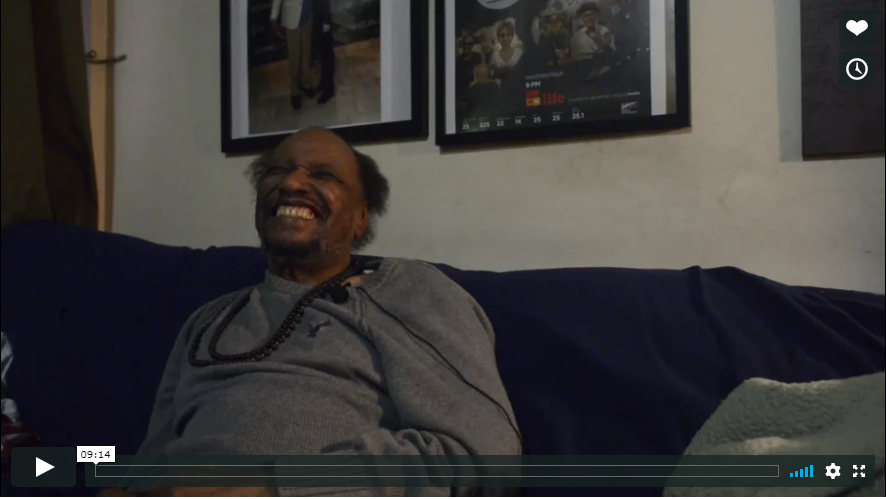The Whitney has proposed a public art project by David Hammons (b. 1943) that would be located in Hudson River Park along the southern edge of Gansevoort Peninsula, directly across from the Museum.
Read MoreThe 15 or 20 minutes before the performance ticked by the same way they do on nights when Rome Neal presides over jazz at the Nuyorican Poets Cafe on the Lower East Side of Manhattan. But this time Mr. Neal was directing a reading of a play. It takes aim at the sensation that is the theatrical juggernaut “Hamilton” and its creator, Lin-Manuel Miranda.
Read MoreConsensus and bipartisanship seem like a distant fantasy in today’s America. “Hamilton,” the musical created by Lin-Manuel Miranda that débuted in 2015 and is well on its way to becoming a billion-dollar production, is a rare source of general accord.
Read MoreA cute little cactus with beautiful pink flowers
Read MoreVilma Hodo in Raw Artists Festival at Brooklyn Bazaar.
Read MoreIn the mid-1990s, when I was a student of creative writing, there prevailed a quiet but firm admonition to avoid composing political poems. It was too dangerous an undertaking, one likely to result in didacticism and slackened craft. No, in American poetry, politics was the domain of the few and the fearless, poets like Adrienne Rich or Denise Levertov, whose outsize conscience justified such risky behavior. Even so, theirs weren’t the voices being discussed in workshops and craft seminars.
Read MoreTwo women, two costumes. The upper and lower classes imitate each other to very different different effects and meanings. Pictured left is Lourdes de Oliveira in her carnival garb in 1959’s “Black Orpheus” and right is Marie Anoinette in the “rustic” dress whose popularity ignited the need for cotton-picking slaves in the new world. Thank you to Andrea Cauthen who conversed with us yesterday about her upcoming project exploring the legacy of the cotton-industry and black labor.
Read MoreUp close and personal
Read MoreThe millions of dots on the map trace highways, side streets and bike trails — each one following the path of an anonymous cellphone user.
Basketball Chandelier, David Hammons. 1997.
Read MoreWhite supremacists talk a lot about differences—they draw lines not just between racial groups, but also among their own. Racist internet trolls insist they’re not the same as the Ku Klux Klan because they don’t don hoods or burn crosses; clean-cut college kids who call themselves “identitarians” point out that, unlike skinheads, they’re not inked with swastika tattoos; Southerners who defend Confederate heritage say they have nothing in common with mass murderers like Dylann Roof; anti-Semitic nationalists dismiss anti-immigration activists who are Jewish. Whatever the shallow truth of such distinctions, they serve only to obscure what unites various far-right factions: a commitment to preserving the political power of whiteness. And central to that commitment are women.
Read More



















